Space South Central Interviews Phil Wu Director of Absolar for Earth Day 2023
For Earth Day 2023 we interviewed Phil Wu - Director at Absolar Solutions.
Who is Absolar and how do they help their customers reduce costs and carbon emissions?
Absolar is a purpose-driven technology company using unique AI technology to help businesses, organisations and local authorities to find their solar potential.
We use cutting-edge AI technology to carry out detailed remote solar surveys for those interested in finding out how solar energy can help reduce their carbon emissions and energy costs.
From this, decision-makers can evaluate and review how solar energy could work to support their sustainability goals and decipher if it’s the right route for them.
Our Engineering team can then help deploy the Solar PV and obtain lasting impact should that be the right decision for the client.
How can we use space to help combat climate change?
Our technology incorporates satellite imagery, LiDAR and photogrammetry together with specially developed AI-powered irradiance modelling to survey rooftops of any scale.
Thanks to space and the developments in satellite technology, we’re able to carry out solar surveys remotely, providing a highly accurate analysis needed to inform solar decision-making.
Space has enabled Absolar to create a solution that provides organisations with the all-important transparency needed to evaluate how solar energy can play its role in contributing to a cleaner planet, one panel at a time.
This year's theme is “Invest in our Planet”. What are Absolar doing to encourage environmental conservation?
At the heart of everything we do is sustainability and environmental conservation. Our technology has been created around a need to help businesses and organisations to find more sustainable and planet-friendly energy sources.
Prior to Absolar’s solution, it was difficult for organisations and businesses to fully understand to what extent solar energy could truly work to support their sustainability goals, which meant many were ‘putting off’ investing.
The highly accurate data provided by Absolar’s technology shows organisations the full picture, eliminating the guesswork and helping them to take the next step in choosing how they want to invest in the planet through reducing their carbon emissions as well as ensuring the investment is economically attractive.
How do you help your customers be more sustainable?
A solar survey gives decision-makers an accurate analysis of carbon and cost-saving impacts using the kWh generation potential, in addition to an indicative cost of PV installation based on up-to-date materials and labour costs.
Using this solar planning toolkit, organisations can make sound decisions about solar energy and how it can support their sustainability goals.
For those who do decide that solar is the right route for their organisation, Absolar supports the installation process from start to finish, from structural design right through to ongoing optimisation services, ensuring organisations get the best out of their solar system.
Whilst our solar survey provides accuracy using advanced AI technology, there’s also a very human element to the work we do. Aided by MSC-accredited and experienced Solar Engineers and consultants, our team are on hand to deliver bespoke and trusted advice, empowering businesses to find the most effective route to solar based on their needs and sustainability goals.
Absolar are deeply rooted in the SSC region, being a spin out from University of Southampton, how have you seen the Space South Central region becoming more climate conscious, how are you helping?
We’ve seen increasing examples of academics and industry partnering to utilise space-based data to aid sustainability efforts. With a problem so vast and wide impacting, it requires significant levels of accurate and widespread data to begin to highlight impacts or potential solutions. We are just one such example of utilising data to scale solutions beyond what were traditionally manual processes, increasing accessibility and decreasing costs.
